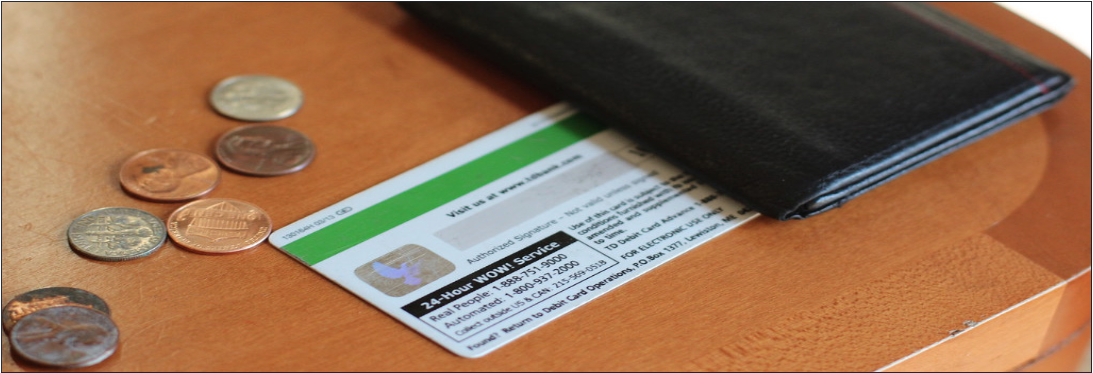
Credit across college campuses has become an untamed beast that many students do not want to poke. A myriad of questions consumes the minds of students when the word “credit card” comes up in a conversation. Will having a credit card help me or hinder me after college? “Will I be able to pay my debts off easily or will it overwhelm me? How do I get a credit card? What can I use it for?” These questions can raise anxiety for students but with research and resources, the issue can be resolved.
An important piece to note is that credit cards and debit cards greatly differ. Debit cards are essential in college and can provide college students with a sense of responsibility, without the the problem of paying off debts at the end of the month. The only catch is that one needs to always have a certain amount of money in the account in order to avoid overdraft fees. Another downside is that this will not improve the credit score or contribute to it.
A credit card may be confusing and it may be a complex issue to decide which credit card is best. When applying for a credit card, it is important to check what the annual percentage rate will be and to make sure that the rate is not an exorbitant amount, in case the monthly charge is unpayable. The best advice that an alumni can give is to keep the payments low and to use it for emergencies. Business alumnus, Charlie Paris, weighed in on having a credit card in college.
“I think it’s a great opportunity for students to build credit in college but it should really only be used in case of emergency or for small items like some grocery charges,” Paris said.
Paris decided to wait until senior year when he had a salaried job to apply for a credit card. “I know I can make the monthly payments easily because of my job and keeping the charges low still improves my credit score because I am always paying on time,” Paris said.
So will credit cards really hinder young adults in college? According to usatoday, parents have a different opinion on young students obtaining credit cards. Robyn Kahn Federman said that there is no way her daughters will have a credit card in college when they do not have an expert knowledge of finances. But it is not that easy to get a credit card as some may think. Many students get denied if they do not have an income, employment history or any credit. This brings up the next puzzling question: How can one start building credit if they are denied a card because they have no credit history?
The best solution is to look for cards that are specifically for students or that require a co-signer. Certain credit card companies or banks will cater credit cards just for students. This can mean low interest rates, incentives and a small budget to start out.
Junior accounting major, Erin Kelly, has her financial future mapped out by starting out with a student credit card.
“I wanted to start building credit for future purchases I would need to buy like a car. Junior year seemed to be a good time to start establishing credit because I got my first steady internship making a decent amount of money so I knew I would be able to make the payments on time,” Kelly said.
Her student credit card actually gives her two percent cash back when she uses it for gas or at restaurants. Kelly also opted into paying her monthly bill in full at the end of each month instead of making the minimum payments so that she does not have to pay interest.
Some people have gone all four years in college without a credit card and have faired well after graduation. Cabrini alumnus Pat West decided to opt out of the credit craze and has finally decided to get one at 25. “I didn’t really see a need for it in college and by not getting one, I didn’t buy the unnecessary items I would have with a credit card,” West said. Even though he has a credit card now, West didn’t feel it held him back in college. “I’m glad I have one now and waited because I have a better understanding of my finances and where my money should be diverted to.”
It’s evident that credit cards can be beneficial during one’s time in college but that it’s also okay to choose opting out of getting a credit card because it won’t hinder you in the future. Either way, it is imperative to have some knowledge of money and how to budget. “I enjoy having the ability to maintain my own money. It definitely prepares you for after college when you have loans to pay, phone bills and car payments. You learn how to make payments on time and how to budget your money,” Jerome Bailey, junior social work major, said.


